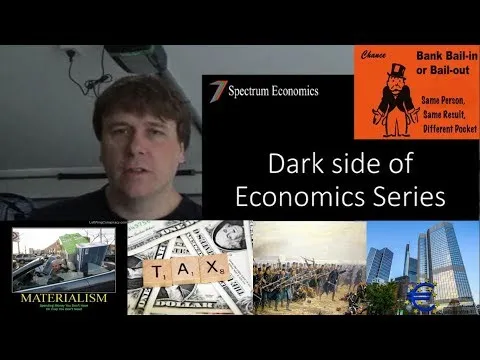Dark Side of Economics
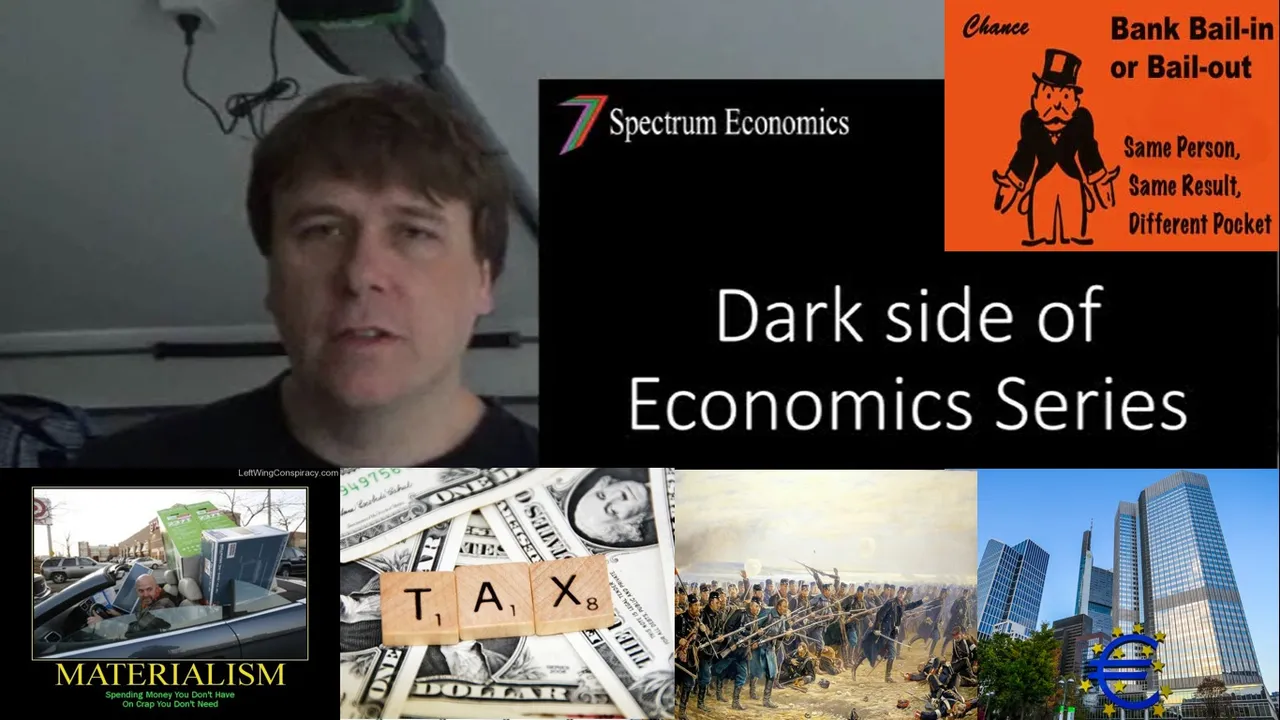
This post contains a video that is an introduction to a new series of videos I am uploading. This series looks at how economics has been and is being used to the detriment rather than for the good of society. This video presents a short summary of the key topics to be presented in the upcoming videos in this series.
The topics summarized in the video are as follows:
Government expenditure
Governments often use economics to justify large scale projects claiming these projects are necessary to solve problems or expected future problems. More often than not, the problems that these projects cause are not disclosed or investigated. The causes of the initial problems and possible low cost preventive measures are not presented.
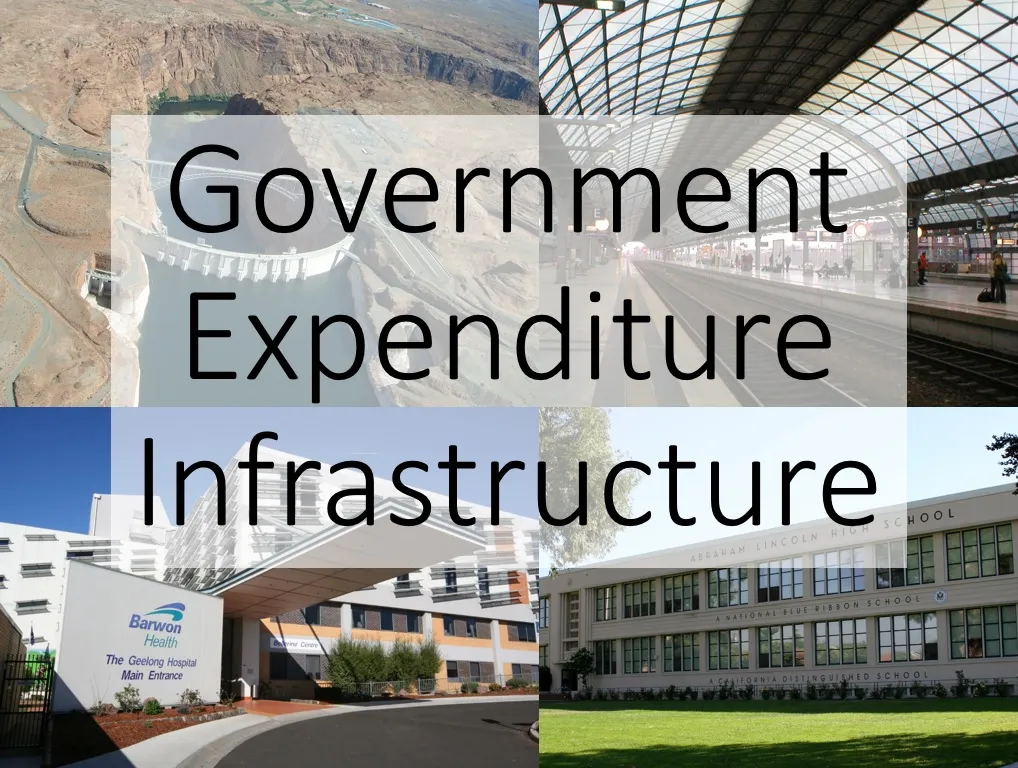
Government dealings with the private sector
Governments typically work closely with the private sector (mostly large corporations) on many initiatives. The private sector help keep the illusion of democracy while the Government help the private sector remain profitable.
Taxation
Taxation is claimed to help the redistribution of wealth and pay for important necessities that are not sufficiently provided through market forces. At the same time tax is mandatory and the usage of tax money is not up for open debate. Higher taxes has done little to reduce income inequality. It is often used to pay large corporations for things that the people do not need or want. Tax does serve the purpose of making the very wealthy even wealthier; even though income taxes are structured to be progressive.
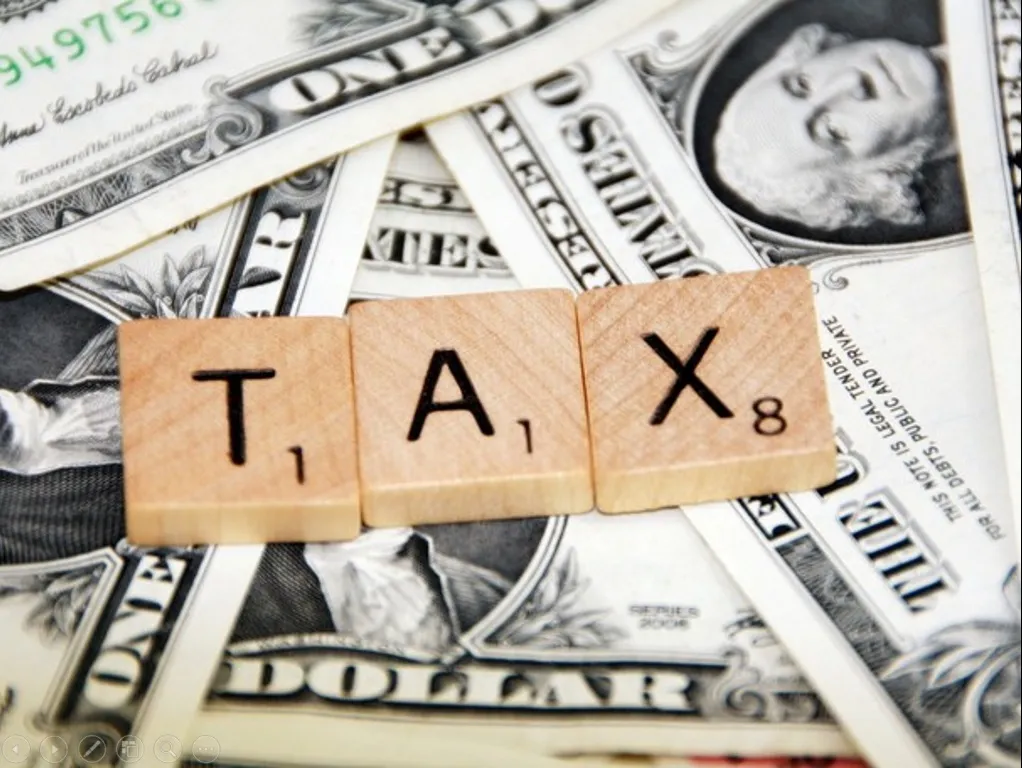
Focus on treatment over cure and cure over prevention
Focus on treatment of problems serves as a constant steady flow of revenue. Solving a problem serves as only a one off payment, therefore does not benefit large corporations as much as the constant application of treatment. The treatment approach can demonstrate a problem is under control and therefore, better than doing nothing, and therefore normally does not receive strong resistance from the public. Treatments often cause other problems that require solving or treating. Overall, treating a problem can be very profitable, therefore preferred to solutions with one off payments and definitely preferred to prevention which normally has very minimal payoff at all.
Strategic subsidizing of businesses
The subsidizing of business is intended to promote activities that are underutilized because of high external benefits and minimal external costs. Subsidizes are often used to promote particular businesses that may be under threat from a better alternative. For example, meat and dairy industries are heavily subsidized to prevent the growth of healthier plant-based and non-dairy alternatives.
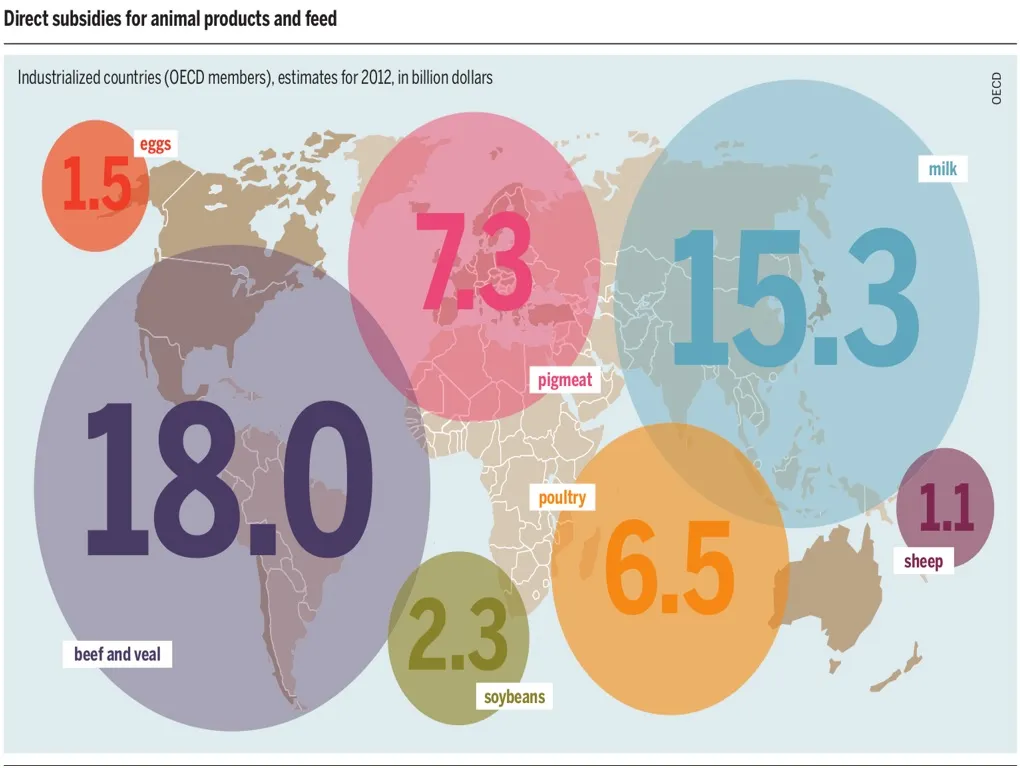
Objective of making the public sick to increase profit
Another objective of Government is keep people sick. Sick people are more profitable than healthy people or dead people. Pharmaceutical companies profit from the treatment of disease and illness. Governments can acquire more funds to treat health problems (build more hospitals)
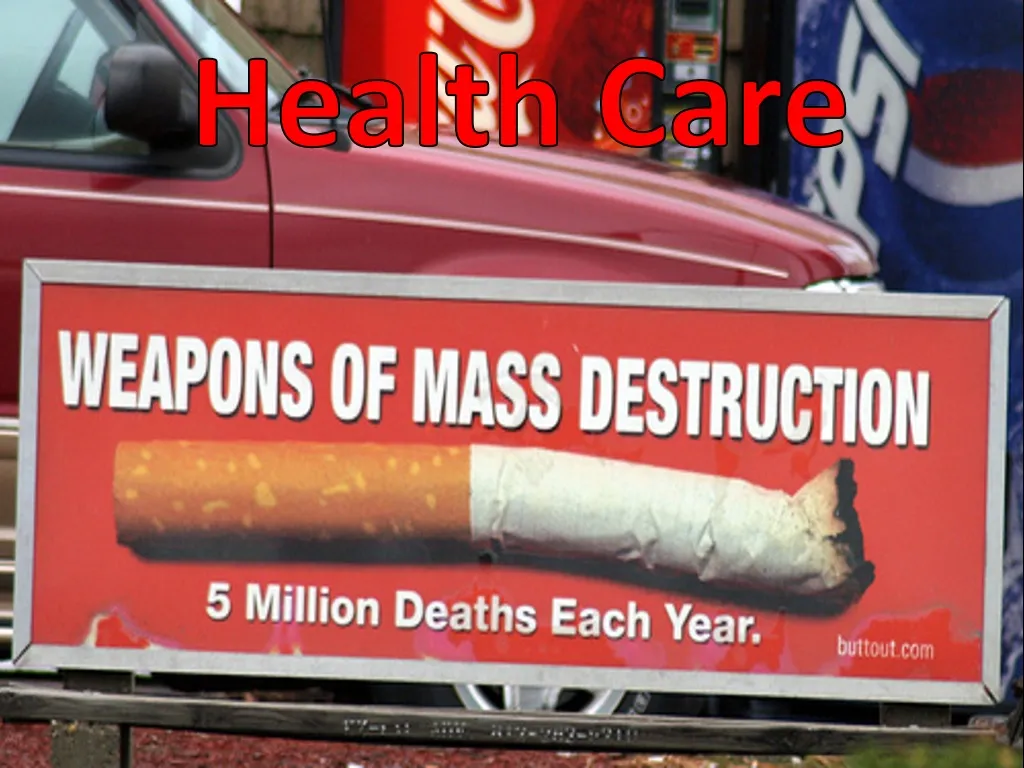
Power of the Central Banks
Central Banks are privately owned and have almost unlimited power to manipulate the supply of money, the value of money, and even distribution of money. Money supplied no longer requires to be supported by physical assets such as gold or silver. Value of money depends on faith that it will always be accepted for transactions.
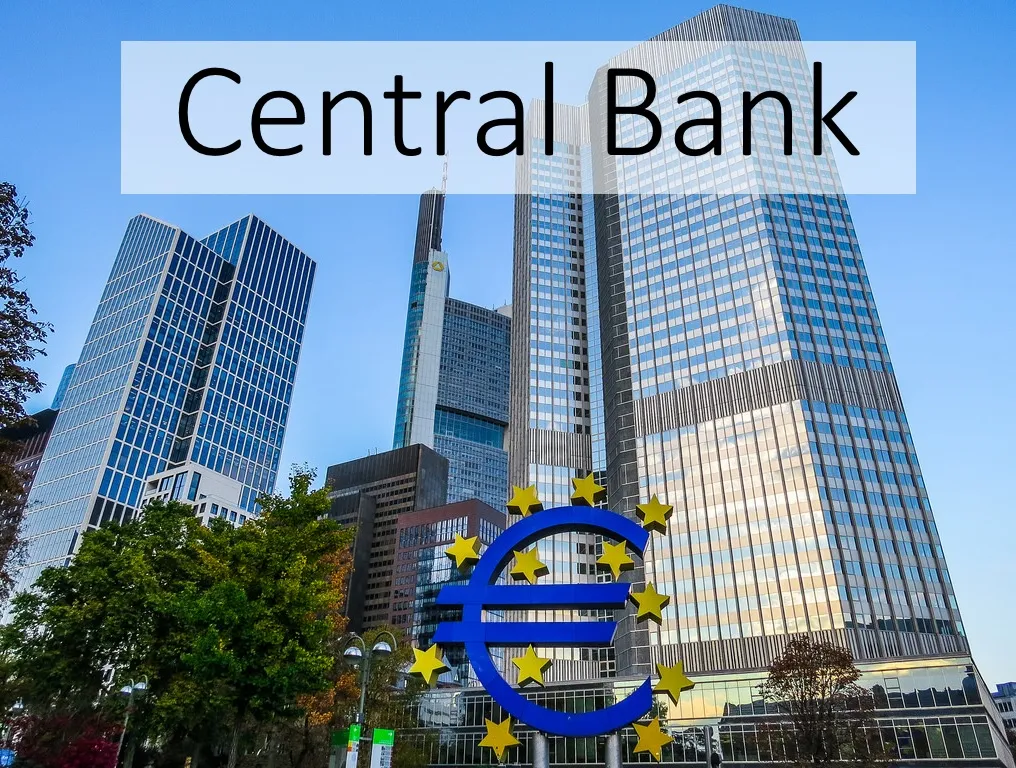
Cost benefit analysis to justify expenditure
Cost benefit analysis can be used to justify expenditure and serve as useful tool if done correctly. Unfortunately, the excessive use of assumptions and under representation of costs, normally results in a biased analysis that favours whatever initiative Government puts forward.
Bank bail-outs and bail-ins
Big banks are often called too big to fail and too significant to the economy to go out of business. Therefore, when things go wrong they get bailed out as seen in 2008 or in some cases have bail-ins which involves taking money of investors and those saving money in the bank. Bail-out and bail-in approaches allows banks to behaviour recklessly as ultimately they do not bare the risk of failure (moral hazard).
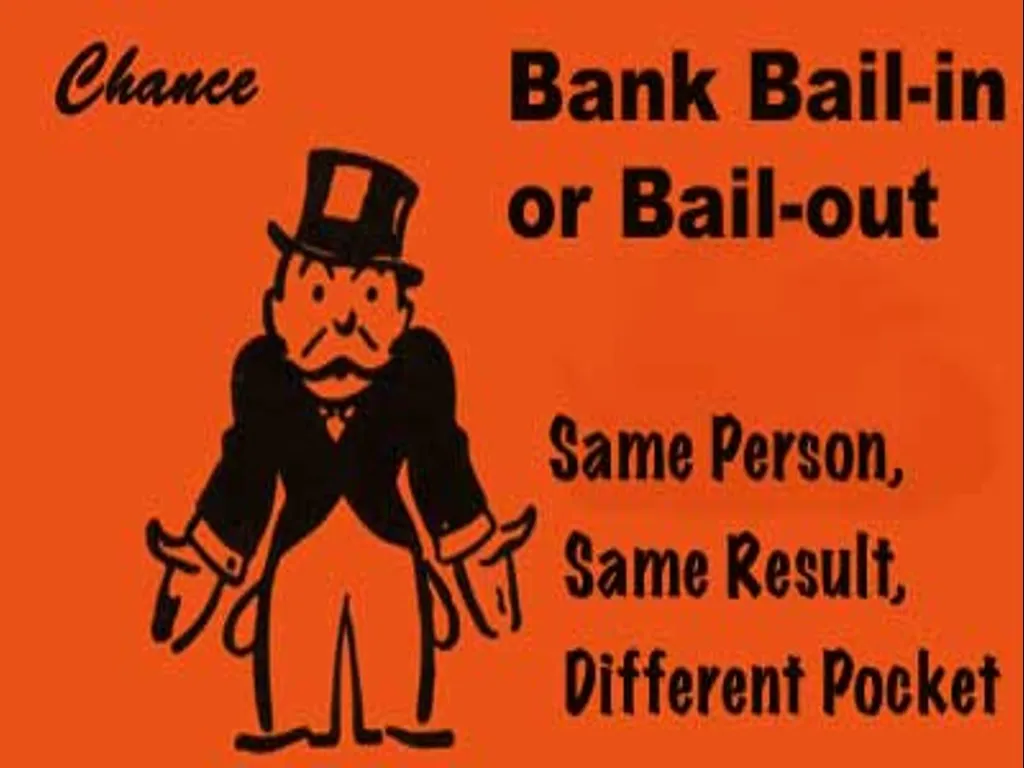
Stock market
The use of stock markets has allowed business to grow at an incredible pace. This typically benefits those with large amounts of available capital (rich people). Stock markets also create larger bubbles and larger crashes as capital can move so quickly. People can lose a considerable amount of wealth in a very short time. Those with power and wealth such as George Soros can manipulate markets for their own benefit. Success of business is often based on expectations rather actual output and quality. This has resulted in potentially good businesses failing and weaker businesses temporarily appear to be thriving.
Focus on maximizing material wealth
Economics is strongly focused on maximising material wealth. Indicators such as average annual wages and Gross Domestic Product (GDP) focus on maximizing income. Even utility maximization is based on the number of products consumed. People are referred as consumers rather than people.
Other areas the video briefly covers are as follows:
- Currency manipulation
- Exploitation through monopoly power
- Pushing the herd mentality
- Economics of war
- The costs of mass production
Two common themes running throughout the above topics are power and greed. Economics is often used by Governments and large private corporations to control the population. This power is often acquired using false information and fear mongering. Examples of false information include the extent Government investment benefit society and the understating of the negative effects of Government activity. Examples of the use of fear mongering is the heavy focus on terrorism, crime, and threats from other countries.
Another powerful tool for gaining support for objectives and initiatives is the illusion of democracy and the perceived influence of the people. The illusion of influence creates less resistance to actions and policies pushed by the Government. An outright and open dictatorship is more likely to face opposition, hence reducing the effectiveness of manipulation through economics. I have another video explaining the interaction between democracy and economics. This video will also be released in four parts over the coming month.
This the link to the democracy video.
All the above topics will be covered in detail in individual videos and posts that I will be uploading over the coming months.
This series will be followed by another series which outlines how economics can and should be used for the good of everyone. I hope you enjoy the video.
The link to full video is found below
The official Spectrum Economics website can be accessed at: https://www.spectrumecons.com
For more exciting videos go to my YouTube channel at https://www.youtube.com/channel/UCILwyLtjl7ZTlYOqFkAwLzw
You can find me on LinkedIn at: https://www.linkedin.com/in/waynedavies-spectrumecons/
You can find me on Facebook at: https://www.facebook.com/SpectrumEconomics/
You can find me on Steemit at: https://steemit.com/@spectrumecons



